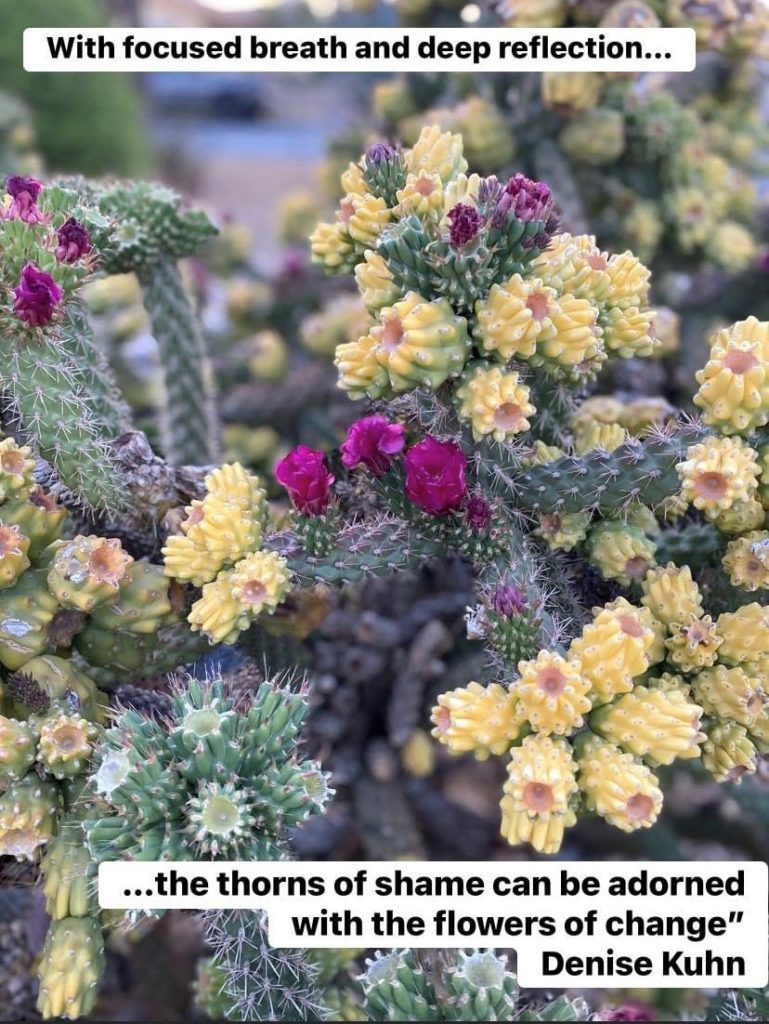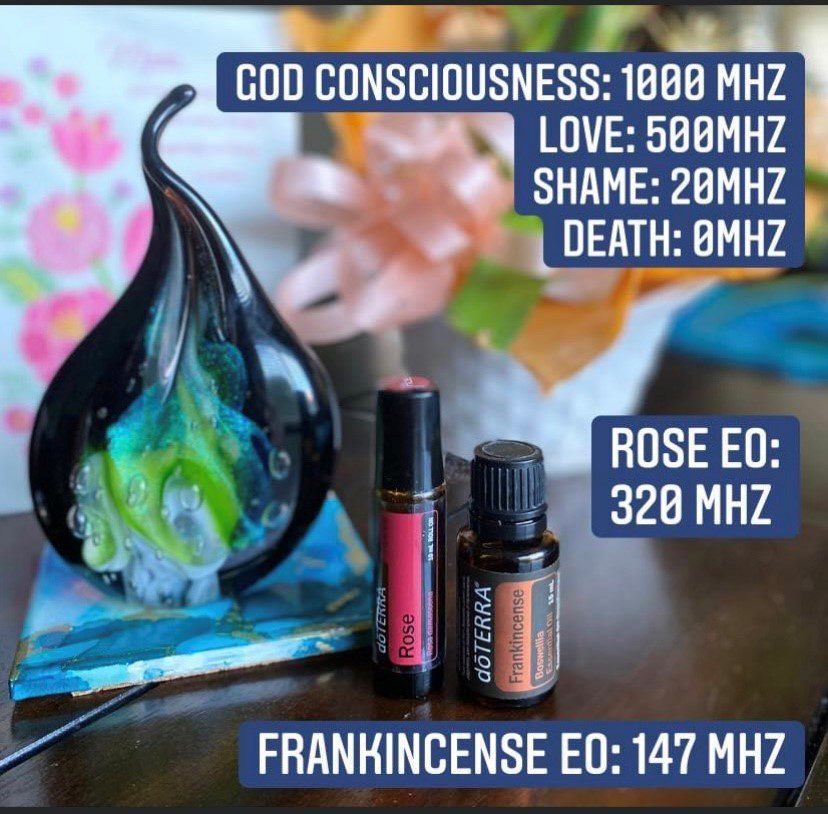The Flowers of Change
Last week, I created two posts regarding shame. One included a picture of a thorny cactus with beautiful purple flowers. The thorns represent shame. The purple adornments are “The Flowers of Change”. I had no idea how many people would resonate with this symbolism. One post boasted 948 likes and the other accrued 608 connections. It looks like I’m not alone when it comes to the shame-game!

A Valuable Lesson
Although I have studied the work of Berne’ Brown for quite some time, I failed to realize how wide-spread the ravaging effects of shame truly are. To learn more about Berne’ Brown and her shame research, go to https://brenebrown.com/podcast/brene-on-shame-and-accountability/ . People living with shame are definitely not alone. Shame is not limited to one demographic. It affects mothers, fathers, children, high achievers, social butter-flies, recovering drug addicts, and so many more! However, solutions are hard to find. Medicinal band-aids are often the go-to with allopathic interventions. Fortunately, as the artist formerly known as Prince would say…. “But wait, there’s something else…”

High Vibrational Frequencies and the Flowers of Change
When a person is experiencing low vibrational frequencies, as when feeling shame which is actually a near death experience, medicine won’t work as quickly as an essential oil will. The simple act of inhaling the sweet, calming aroma of rose essential oil immediately affects the brain. Nothing has to be digested or absorbed. The molecules instantaneously move from the cribriform plate in our nose to the limbic system and amygdala in our brain. Within 3-30 seconds we can experience an emotional reset. Furthermore, we can continue to inhale the aroma time-and-time again without toxins or negative side effects. The 20 MHZ vibration of shame is no match for the continued assault of the 320 MHZ rose essential oil. http://www.mydoterra.com/denisekuhn

Focused Breath and Deep Reflection
Obviously, essential oils are carried into the brain via the breath. However, the breath offers a host of other beneficial attributes-if done properly. Keeping the mouth closed and using the nose is key. This style of breath activates the diaphragm and inhibits the “stress hormones” that make us feel as though we are running from a tiger. The direct connection of the diaphragm to the brain via the Vagus nerve allows us to consciously change our thoughts. We can dampen racing, out of control ideas and reactions by inhaling and exhaling through the nose. By Slowing the breathing pattern, one can enter into deep reflection and healing on the physical, emotional and spiritual levels. Mask with the Molecule of the Year (1992) Five Simple Stress Squelching Strategies


